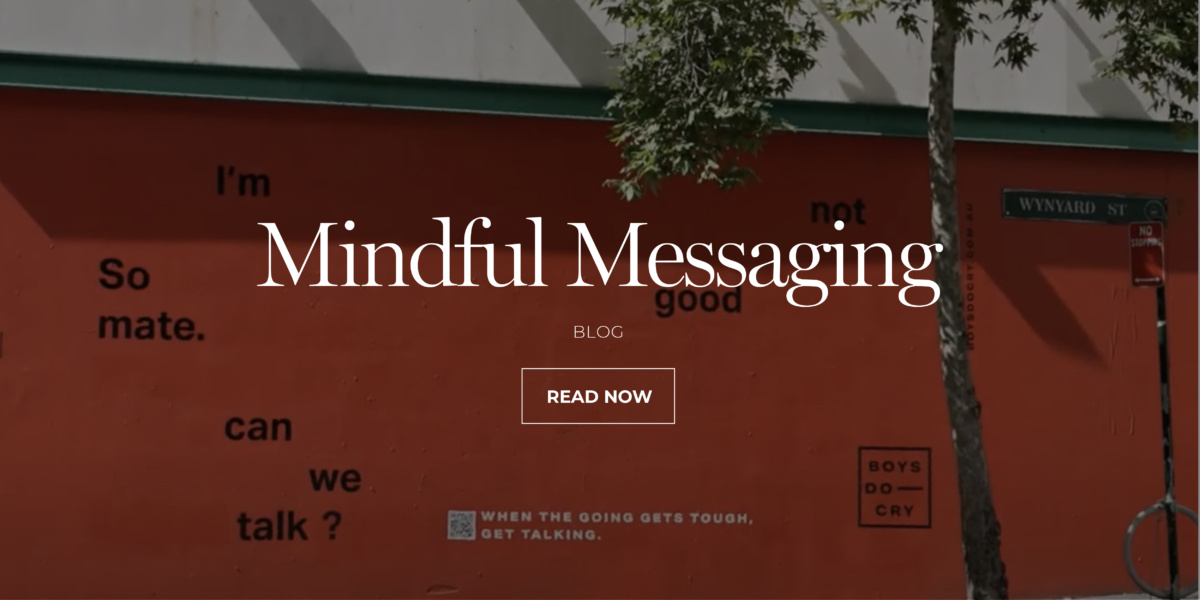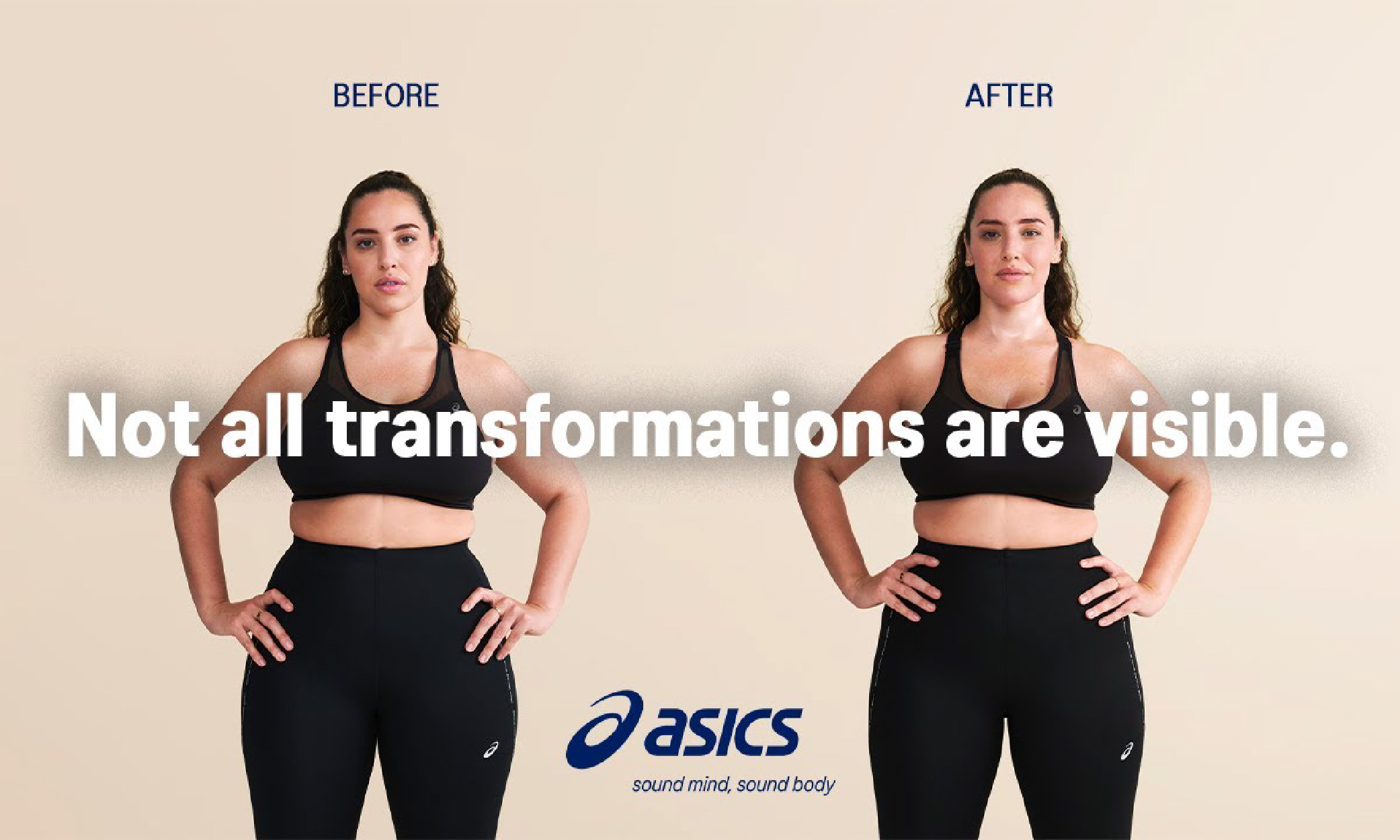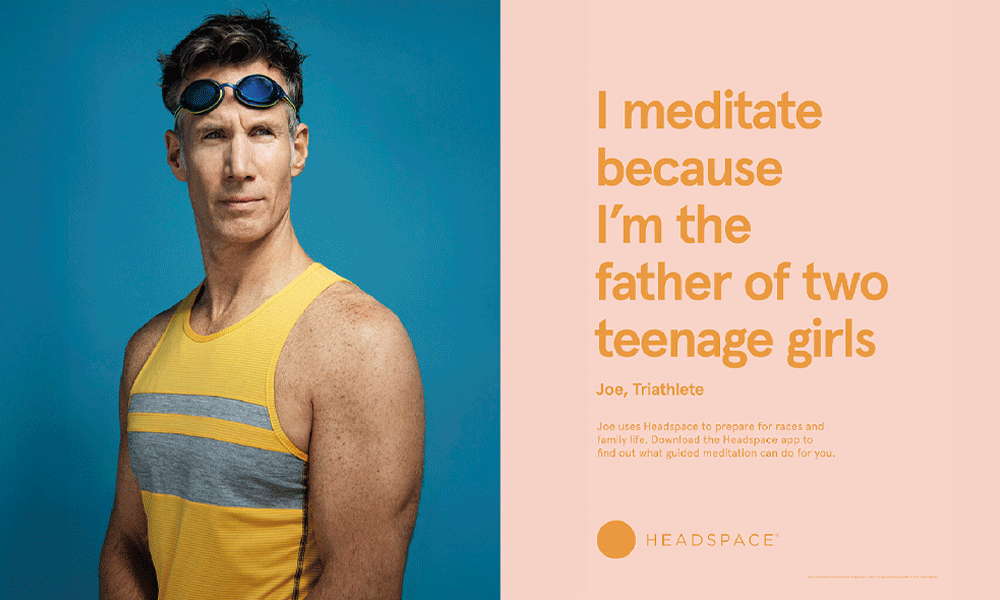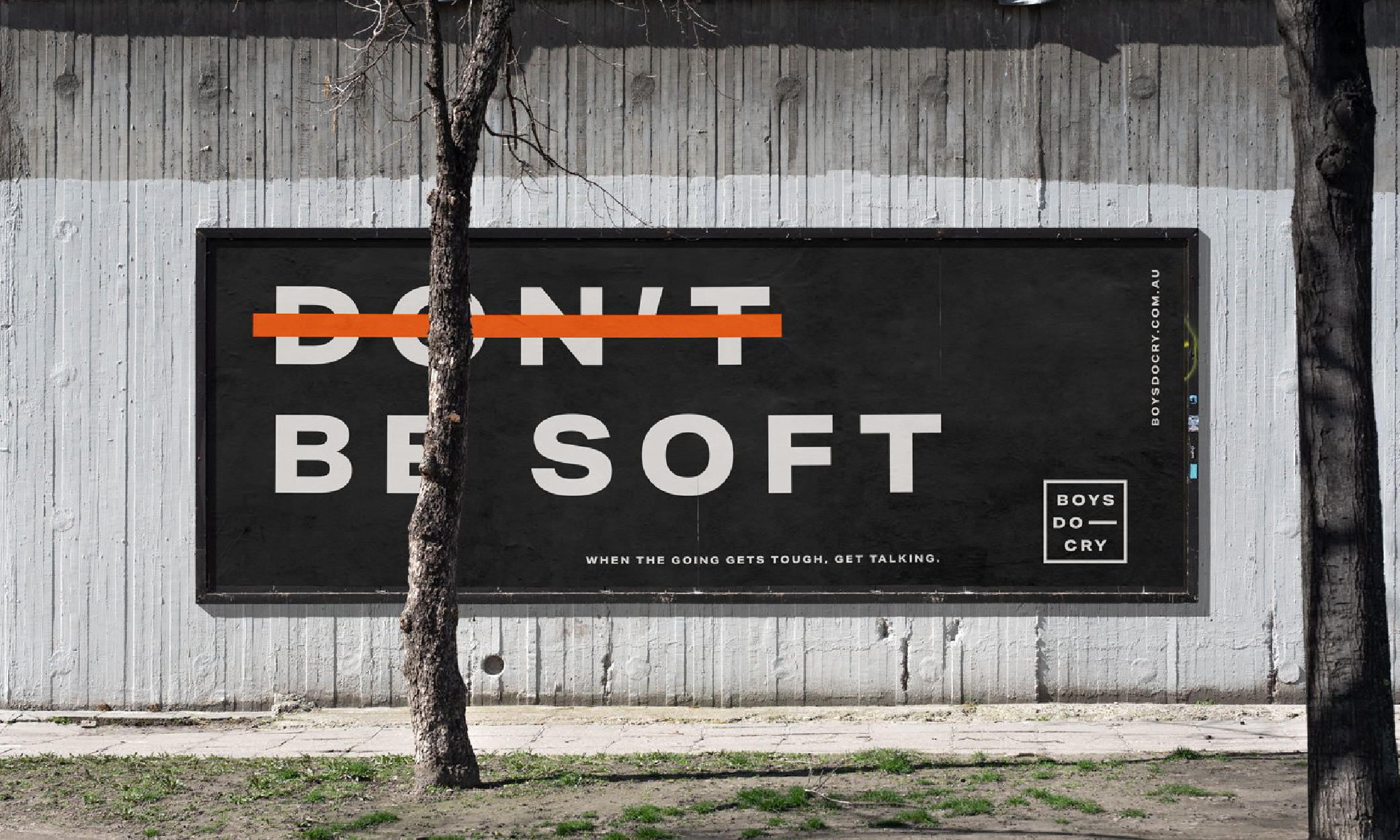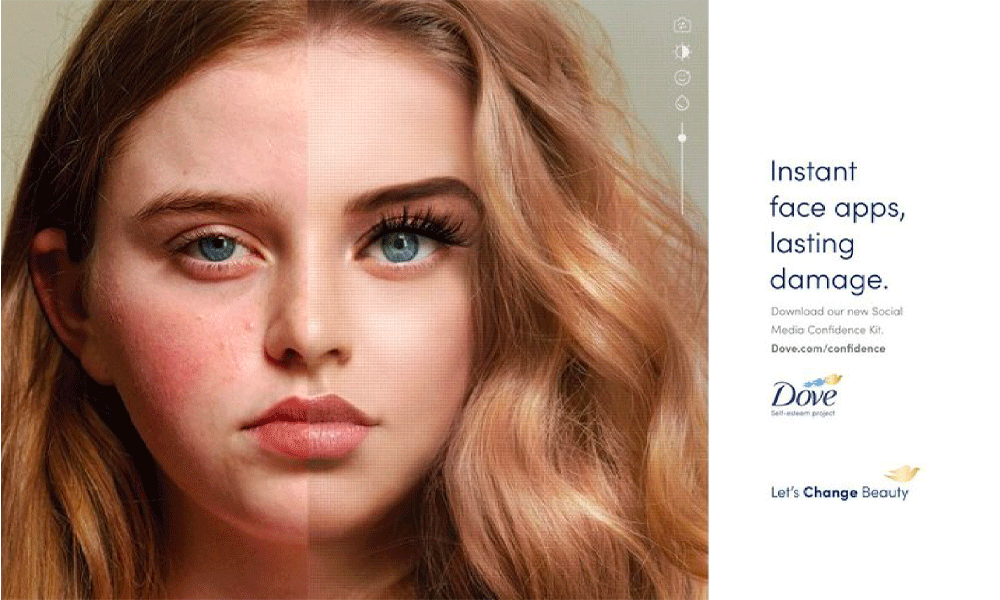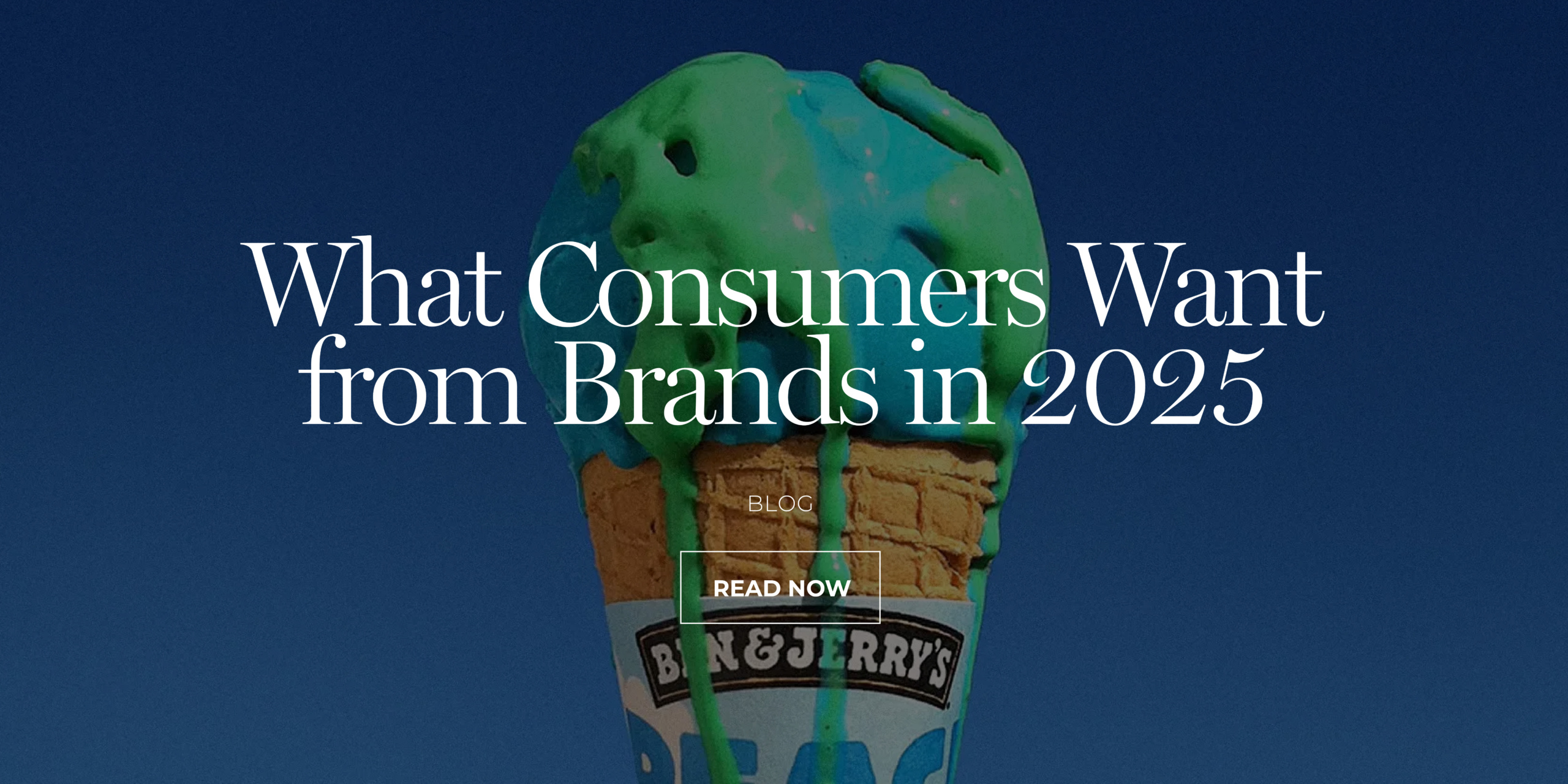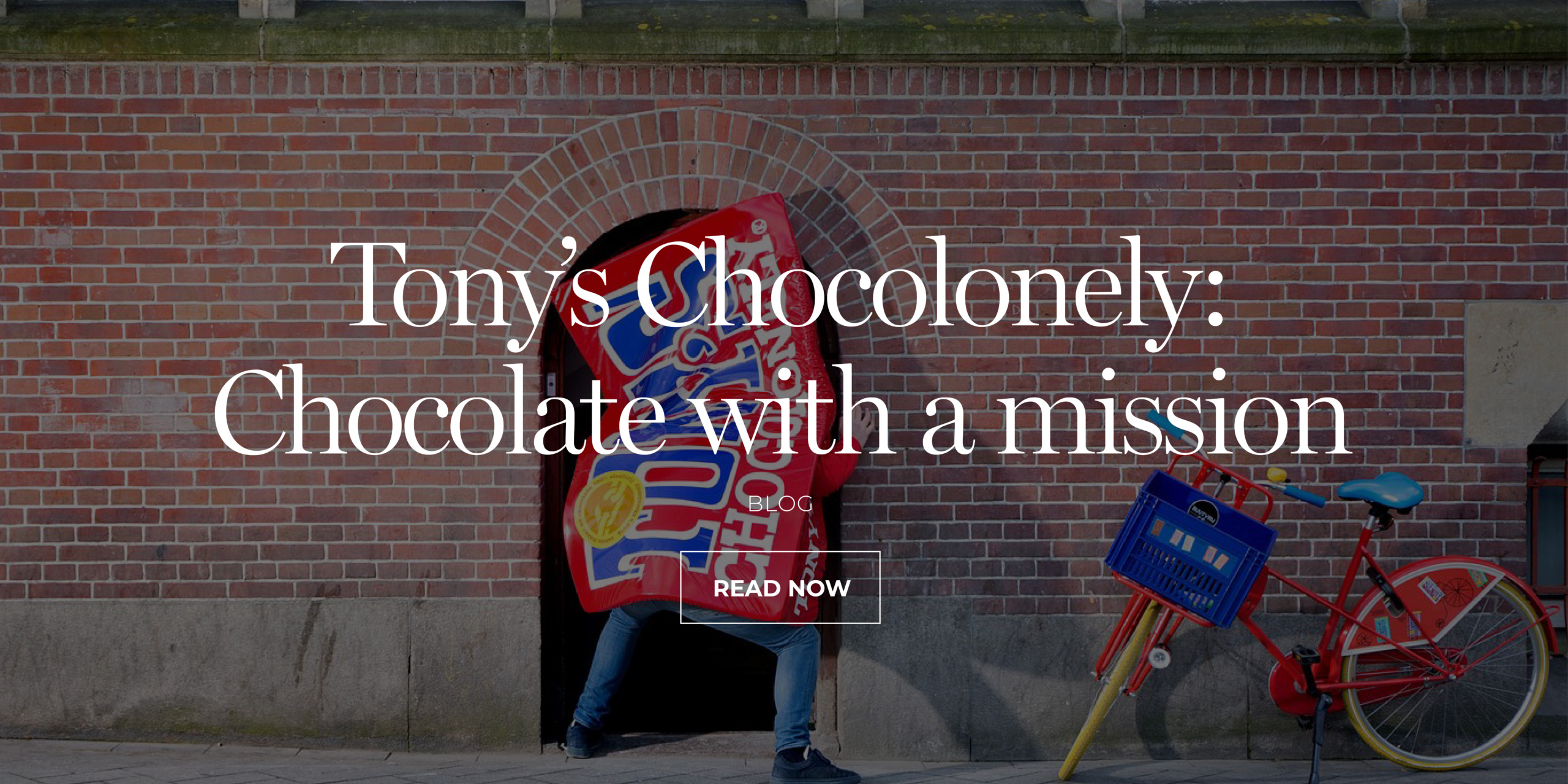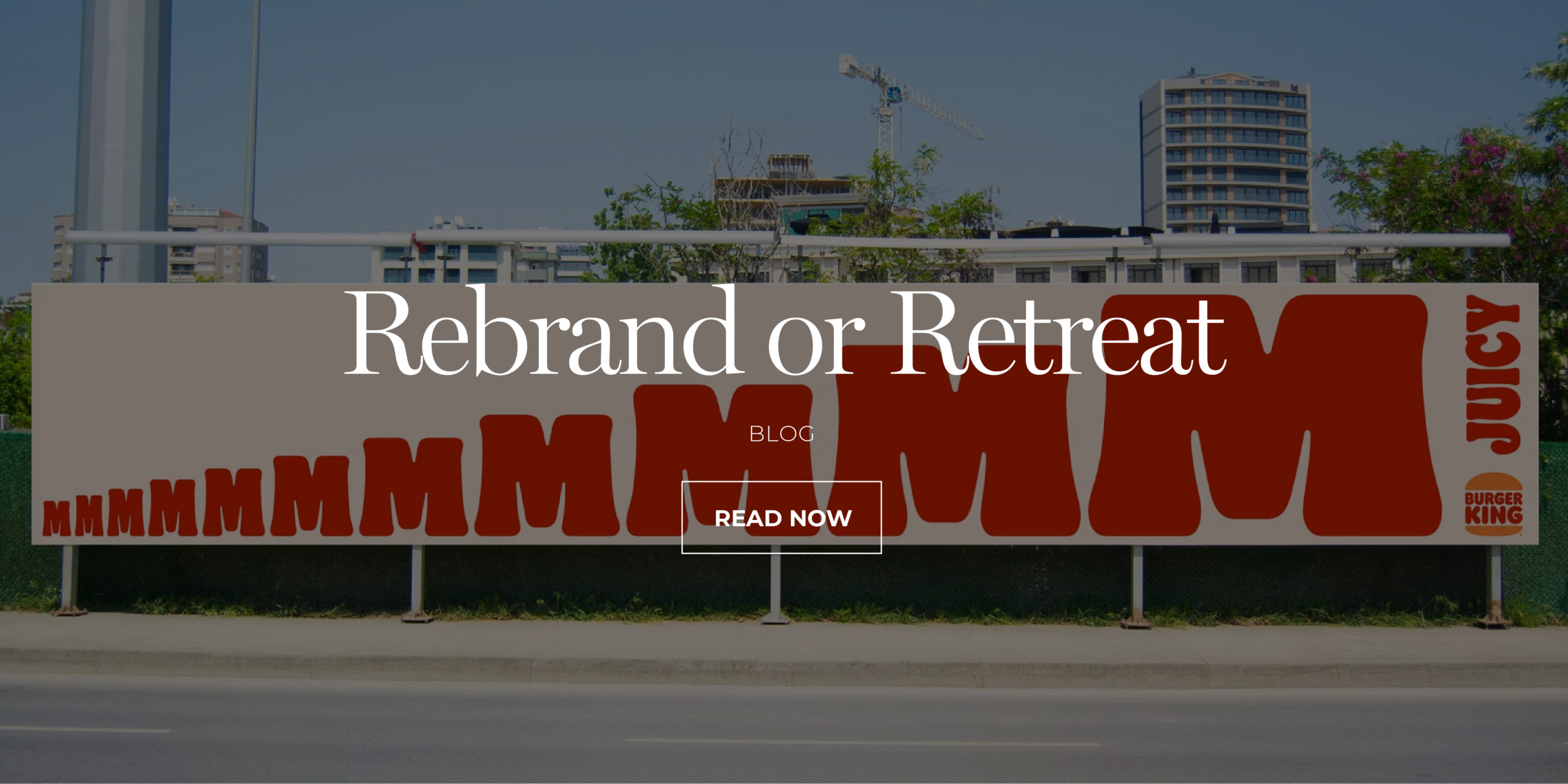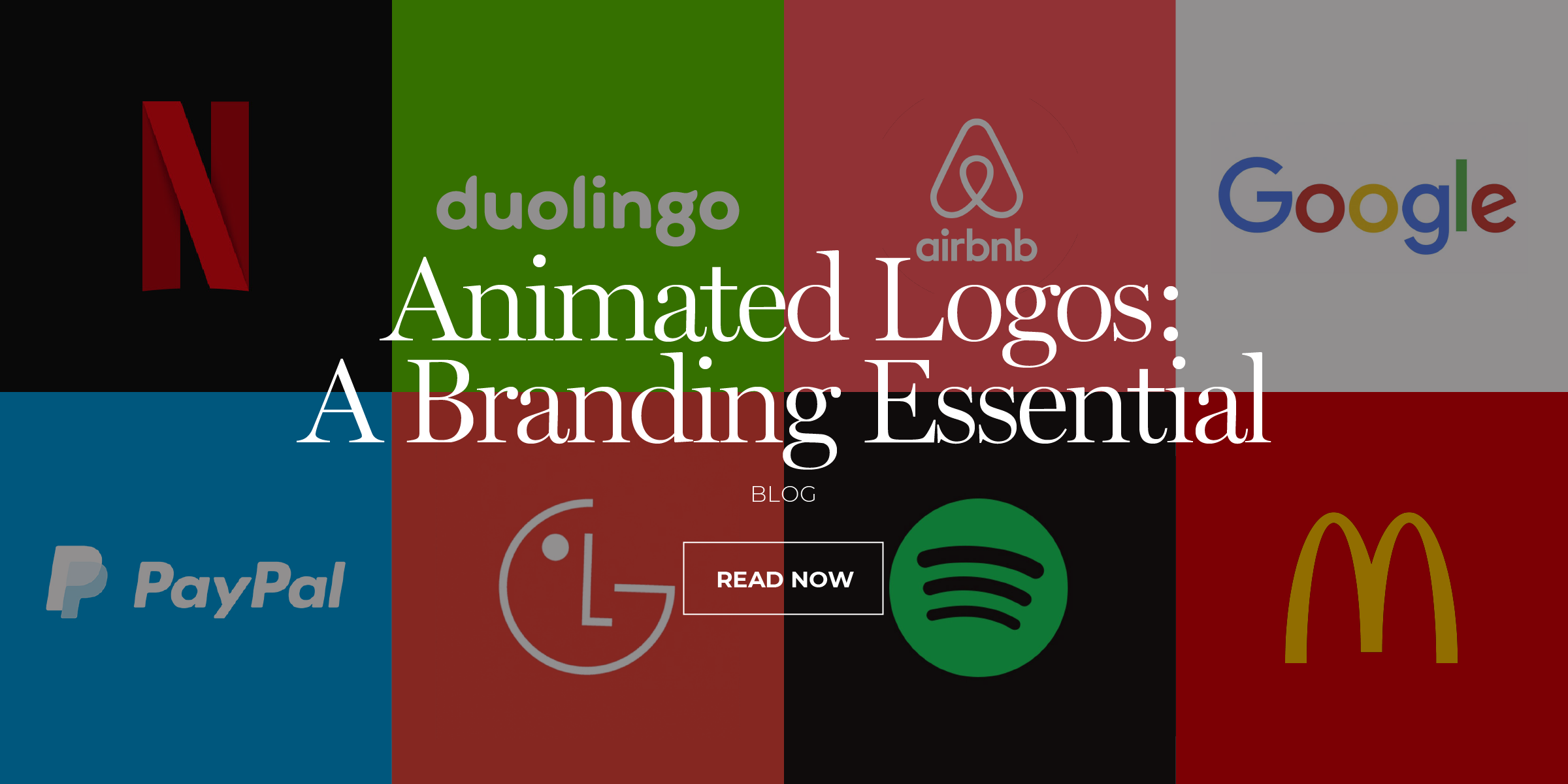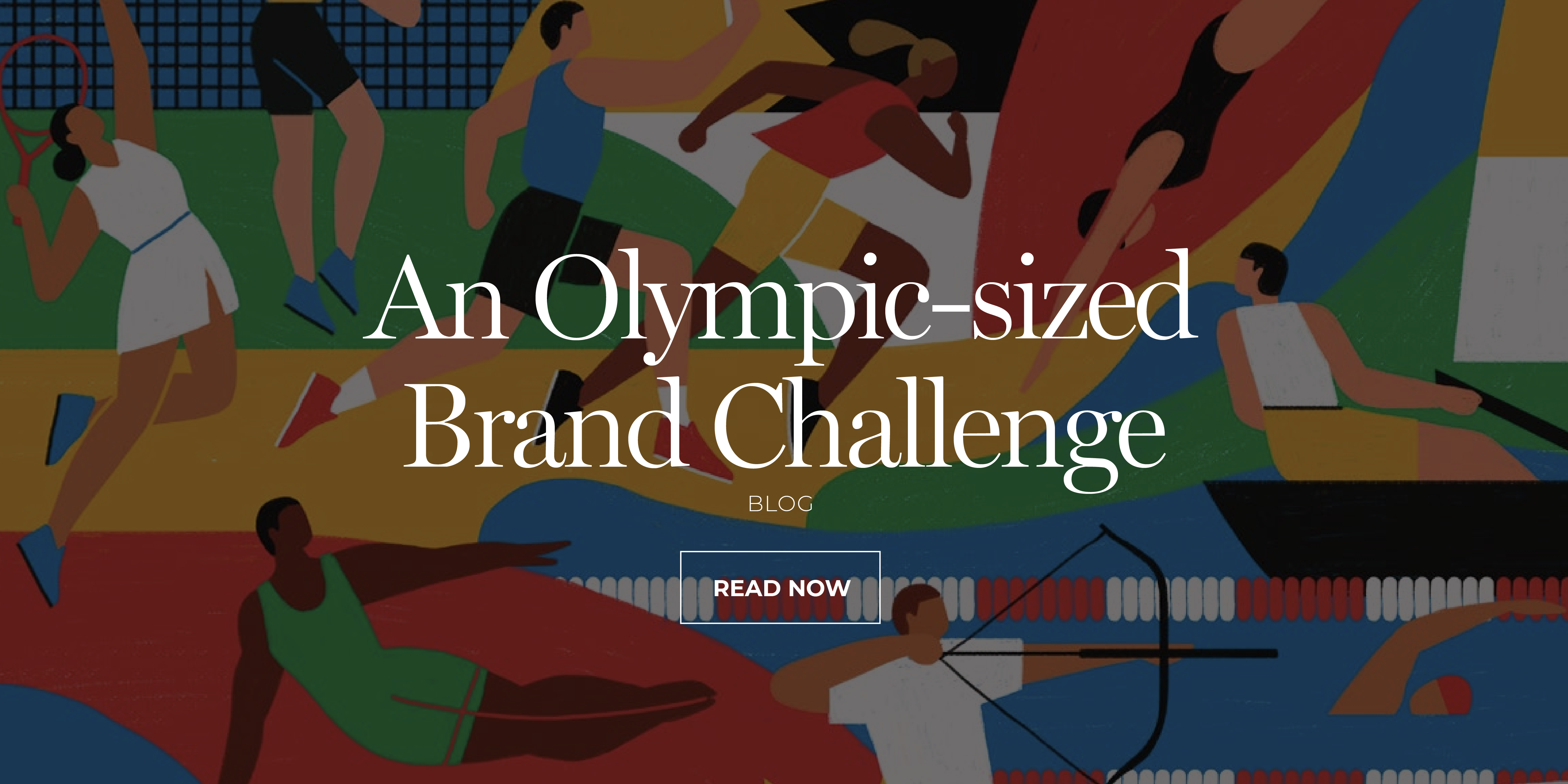Below, we have curated a selection of the most pioneering and impactful campaigns that showcase how brands can play a transformative role in addressing mental health.
ASICS – Dramatic Transformation
ASICS took a proactive stance by partnering with the mental health charity Mind. The campaign aimed to illuminate the profound effects of exercise on mental well-being, shifting the focus away from typical physical transformation imagery that, while often well-intentioned, can inadvertently harm self-esteem. By collaborating with famous UK personalities, ASICS created a compelling narrative, showcasing these influencers before and after a brief workout lasting just 15 minutes and 9 seconds—demonstrating that a small commitment to movement can significantly enhance one’s mood, even if physical appearances remain unchanged.
The campaign was strategically executed across various platforms, including out-of-home (OOH) advertising, digital, and social media, targeting environments where fitness imagery is prevalent, such as gyms and health publications. It extended beyond the UK to reach audiences in Germany, France, Sweden, and the Netherlands. Additionally, the influencers participated in a film on ASICS’ YouTube channel, discussing the negative impact of transformation images and advocating for exercise to improve mental health.
 Credit: ASICS
Credit: ASICS
McDonald’s – Not So Happy Meal
In a thoughtful initiative, McDonald’s removed the iconic ‘happy smile’ from its renowned ‘Happy Meal’ to address children’s pressure always to appear cheerful. According to their research, nearly half (48%) of UK children experience this pressure, prompting McDonald’s to distribute 2.5 million not-so-happy Meals across over a thousand locations in the UK.
These limited-edition meal boxes feature emotive stickers that allow kids to replace the smile with an emotion they choose. By facilitating conversations about emotions, McDonald’s engages children and encourages dialogue among families and teenagers, bridging generations in discussing mental health.
This reflected the company’s commitment to educating younger audiences about emotional well-being, demonstrating a focus on fostering healthy discussions about mental health that resonate across age groups.
“You Are Not Alone” – Norwich City FC
Norwich City Football Club’s impactful campaign, created in partnership with the suicide prevention charity Samaritans, has resonated globally with its heartfelt message about mental health awareness. Titled “You Are Not Alone,” the campaign features a compelling video that has amassed over 55 million views since its launch on World Mental Health Day.
The video underscores the critical need to check in on those around us, as a façade of normalcy often conceals signs of struggle. This underscores the pressing need for open conversations about mental health while challenging societal norms and stigmas that can deter individuals from seeking help. With endorsements from leading mental health organisations, including Mind, CALM, and Heads Together, the campaign has received widespread acclaim. It is utilised in various professional and educational settings to stimulate discussions about mental wellness.
Through this narrative, Norwich City FC raises awareness and cultivates a culture of support and understanding, reinforcing the vital message that everyone may face unseen battles.
Headspace – I Meditate Campaign
Headspace’s first-ever ad campaign featured striking portraits capturing real customers who meditate with the app. The out-of-home content aimed to challenge and reshape the typical stereotypes surrounding meditation, working to demystify the practice and eliminate the stigma often associated with mental health. By showcasing users with diverse backgrounds and lifestyles, Headspace invites viewers to see meditation as accessible to everyone.
The imagery combines a sense of athleticism and positivity, highlighting the joy of meditating with Headspace. Contrasting with this heroic depiction, the campaign’s headline adopts a more relatable and casual tone, making the message relatable rather than aggressive. While the photography conveys an uplifting message, the copy delves into more profound, vulnerable themes, reminding us that mental health is a journey everyone can embrace.
 Credit: Headspace
Credit: Headspace
Boys do Cry
The Boys Do Cry initiative, in partnership with Gotcha4Life, challenges the long-standing notion that “boys don’t cry,” a belief perpetuating silence among men during their most challenging moments. With suicide now the leading cause of death for Australian males aged 15 to 49, the urgency of this message cannot be overstated. Boys Do Cry aims to cultivate a culture where vulnerability is accepted and celebrated by encouraging men to articulate their struggles rather than suppress their emotions.
The deliberate removal of words illustrates the unspoken emotions that many men grapple with, while the gaps between words visually symbolise the hesitation often felt in expressing one’s true self. By provoking a second glance and fostering self-reflection, the Boys Do Cry initiative is a multifaceted campaign that breaks the stereotype surrounding masculinity and encourages men to prioritise their mental well-being through candid conversations.
 Credit: Boys do Cry
Credit: Boys do Cry
Reverse Selfie – Dove
80% of girls are utilising retouching apps by the time they reach 13 years old, a statistic underscoring the urgency of Dove’s latest global campaign. Rather than being passive victims of media portrayals, these young girls are actively manipulating their images and perpetuating unrealistic beauty standards. This new reality reveals a disturbing cycle where self-esteem is eroded by external forces and individuals seeking validation through digital alterations. The Dove Self-Esteem Project, which has been dedicated to fostering positive body image and self-worth since 2004, aspires to touch the lives of 250 million young people worldwide by 2030.
Digital distortion in the campaign video serves as a visual metaphor for the altered perceptions girls experience, while the split photography starkly contrasts their authentic beauty with an unattainable ideal. This compelling juxtaposition encourages viewers to celebrate their natural selves, highlighting the heartbreaking discrepancy between reality and distorted expectations. By showcasing user-generated content from girls aged 12 to 13, the campaign amplifies the voices of its target audience, making its message resonate even more powerfully and poignantly.
 Credit: Dove
Credit: Dove
Let’s Make an Impact Together
We are passionate advocates for or driving transformative change and making a meaningful impact in today’s world.
Our commitment to excellence fuels our passion for supporting your brand through strategic positioning, compelling messaging, and captivating narrative development.
Every brand has a unique story, and we’re here to help you articulate yours.
